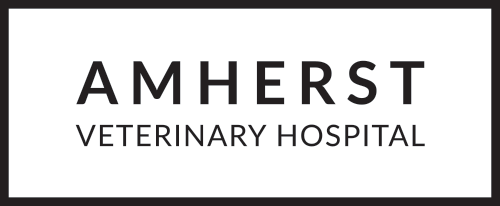As your Vancouver Animal Hospital we must stress the importance of proper prevention and treatment for your any parasitic infestations. Lice (Pediculosis ) are parasites that feed off the blood and skin of animals. They inhabit the skin and feed by chewing on your pet’s skin or by sucking blood. An infestation can spread all around your pet’s body if the lice are not dealt with.
Symptoms
• Excessive scratching and itching
• Your pet’s coat will become dry and ratty looking
• Your pet can experience hair loss in the groin area, rectal area, shoulders and around the ears
• Younger and smaller dogs can experience anemia with a severe infestation
Causes
There are two types of lice that infest dogs and one that infests cats. Lice are also species-specific so you don’t have to worry about your pet infesting your family with lice.
• Felicola Subrostrata – infests cats by chewing on their skin
• Trichodectes Canis – infests dogs by chewing on the skin of your dog
• Linognathus Setosus – infests dogs by sucking the blood of your dog
Diagnosis
The diagnosis process is simply made by visually observing your pet’s skin. Lice are flat, six legged insects that can’t fly and the eggs (nits) will be attached to individual hairs and appear as tiny white dots.
Treatment
There is an assortment of shampoos, sprays, and powders that eradicate parasite infestations. In cases where the infestation is worse, you may need to repeat the treatment process a couple of times. Make sure to follow your Veterinarian’s instructions as some of the treatments can be harsh on your pet’s skin. If your pet has extremely matted hair you may have to shave your pet to be confident that you’re getting rid of all the lice and their nits.
To avoid a reinfection, throw out your pet’s bed and bedding and thoroughly clean all the spots where your pet spends time. If any items cannot be washed or thrown out seal them in plastic bags and store them for a few weeks to kill any parasites.
Make sure to disinfect anything that your pet comes in contact with including, grooming utensils, toys, litter boxes, crates, furniture, rugs, carpeting, and floors.
If you have spotted an infestation, we recommend coming in with your pet for suggested treatment options. If you have any questions or would like to schedule an appointment please feel free to contact us, your friendly Vancouver Animal Hospital.
